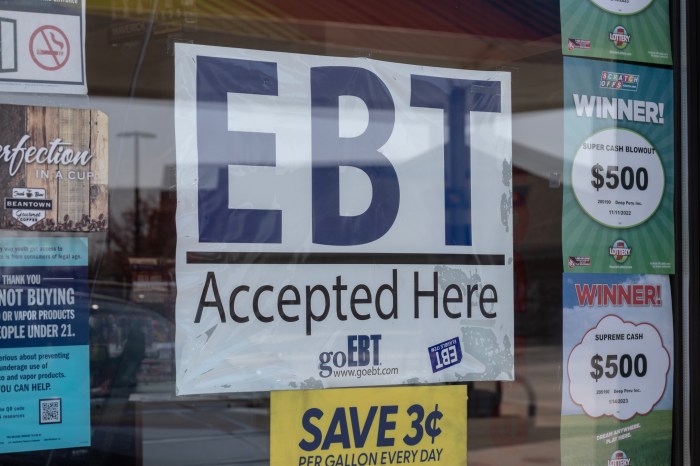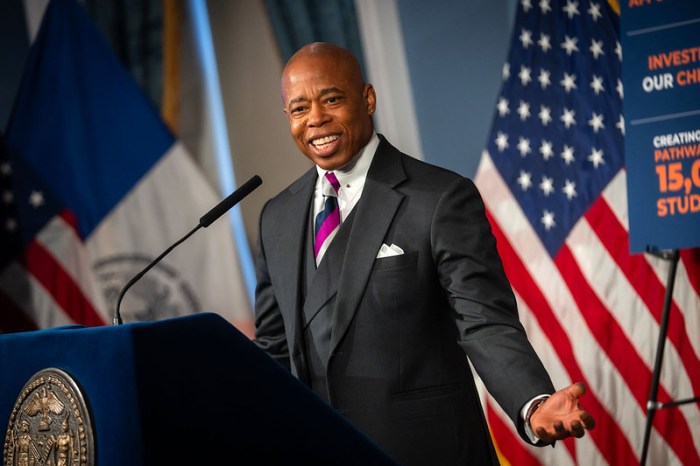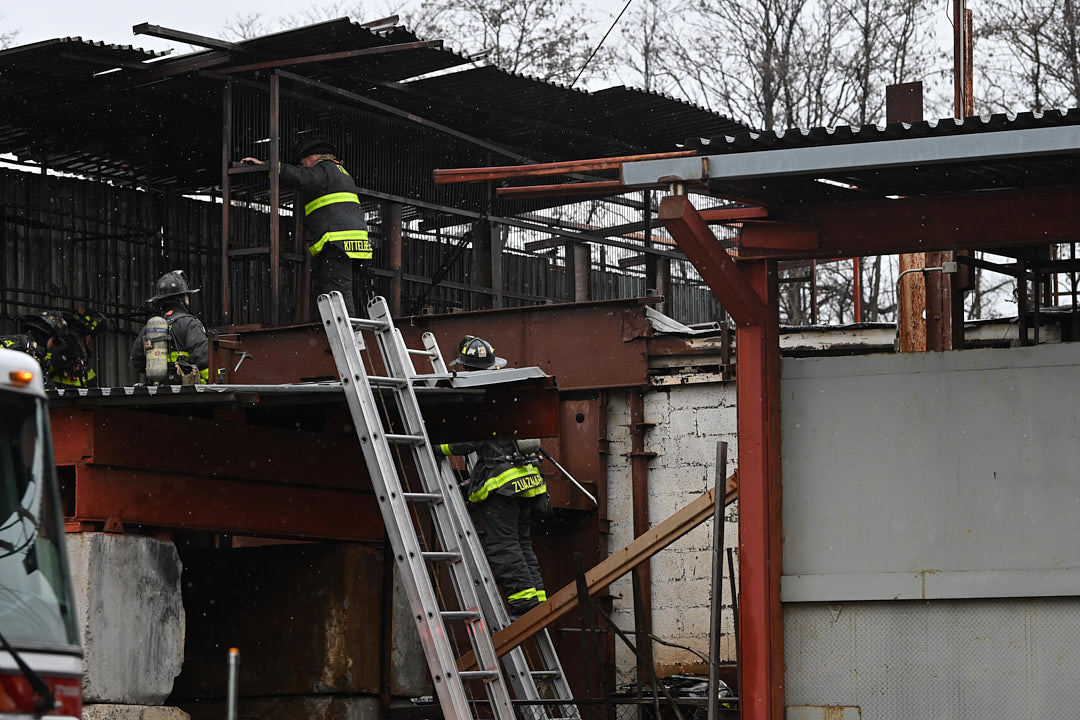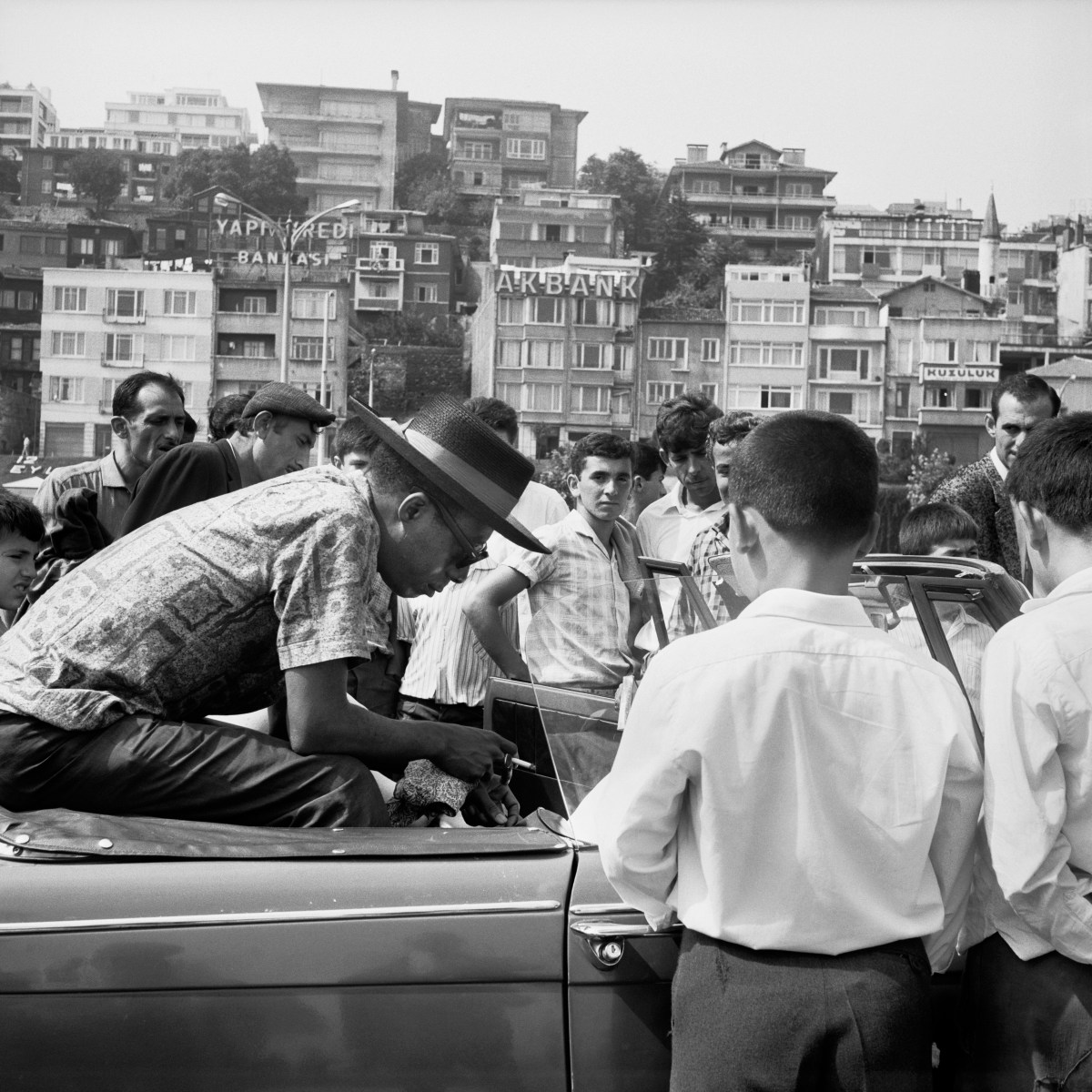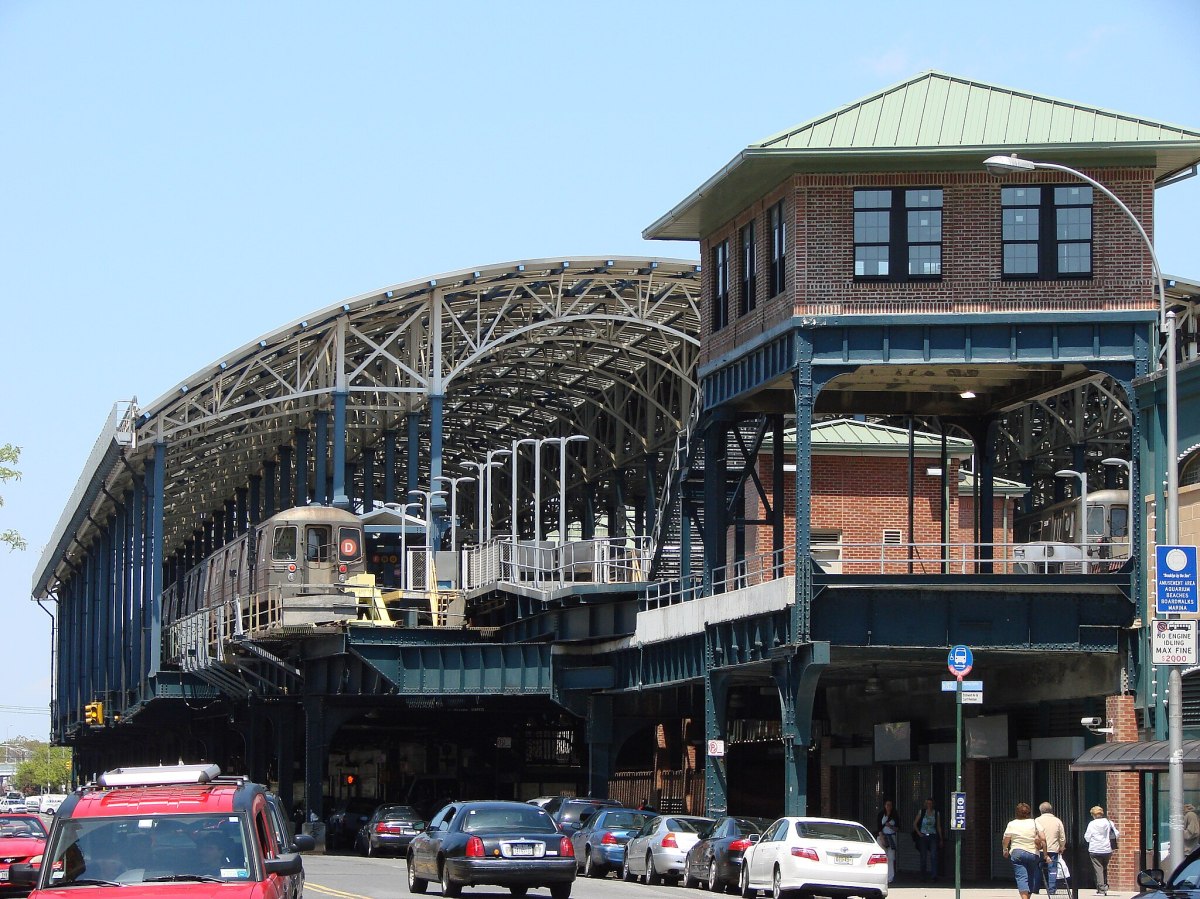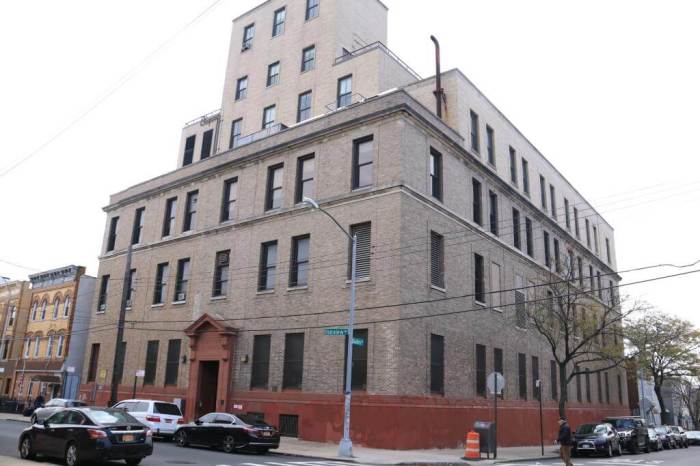BY MARIA VIERA
When I was a teenager growing up in the Bronx, I received a job that changed the course of my life. I was one of thousands of low-income kids employed through the city’s Summer Youth Employment Program (SYEP). My job as a clerical assistant helped supplement the income my mom brought in, alleviating the stress brought on by back-to-school shopping.
Raising a family on her own on a fixed disability income, my mom could barely make ends meet, let alone meet these demands. SYEP gave me the income to purchase my school supplies and clothing. My mom no longer had to worry about saving money to buy my supplies or putting things on layaway to get me through the school year. The income I earned helped fill a financial gap, but it gave me something even more valuable: a sense of purpose.
I wanted a summer job that would prepare me for the workforce. The values I was taught through SYEP were invaluable to getting me to where I am today: VP of Community Affairs at RiseBoro Community Partnership, one of the largest nonprofit organizations in Brooklyn.
This summer would have been a chance for other kids to have that same opportunity. Now they won’t have that chance.
Amid other devastating budget cuts, the city cancelled SYEP, eliminating up to 75,000 paid summer internships for vulnerable youth. RiseBoro alone served 1,300 kids through SYEP. We were given just 24 hours to lay off staff who were working for the program. We were totally blindsided.
The city said the decision was due to an abundance of caution due to the ongoing COVID-19 pandemic. And to be sure, we must continue to take action that ensures we don’t contribute to the spread of the virus, especially among our most vulnerable populations. But with this action, the city is setting up a social time bomb. Impoverished kids will have nothing to do this summer assuming parks and playgrounds remain closed, and even more financial strain will be put on their families.
It’s a careless decision that will perpetuate inequities.
The economic impact on low income families would be devastating enough in normal times, but it will hit even harder as families struggle through this pandemic. Like me, thousands of children rely on these summer jobs to buy school supplies and clothing. And with 1.2 million New Yorkers filing for unemployment since the pandemic began, these jobs are all the more critical. In one of the communities RiseBoro serves, Bushwick, poverty levels hover around 40 percent.
If concern over the spread of COVID-19 is truly the sole reason behind these cuts, there are solutions to be found. Since the Younger Youth Program is already structured as a Project-based workplace learning environment, it can be transitioned a remote setting.
Older youth (ages 16- 21) can be employed, in manageable numbers, by committed worksites that have the bandwidth to provide various virtual workplace opportunities. Most organizations are already working remotely. It’s a matter of pairing youth with agencies and organizations that have these capabilities, and assigning tasks that can be taught and supervised remotely.
Businesses and organizations have spent weeks learning and implementing remote work capabilities. Money is tight, but surely we can come up with a solution that keeps SYEP active, even if it is modified.
During this time of uncertainty, SYEP can provide stability to low-income families. It puts money in the pockets of the people who need it most, and gives kids experiences they will keep with them forever. The next business leader or nonprofit executive can grow from this program. I’m living proof. Instead of cutting off such a crucial program in a time of great need, let’s work on common sense solutions that can allow it to continue. We owe it to these families.
Maria is RiseBoro Community Partnership’s VP of Community Affairs and a former Summer Youth Employment Program participant.




